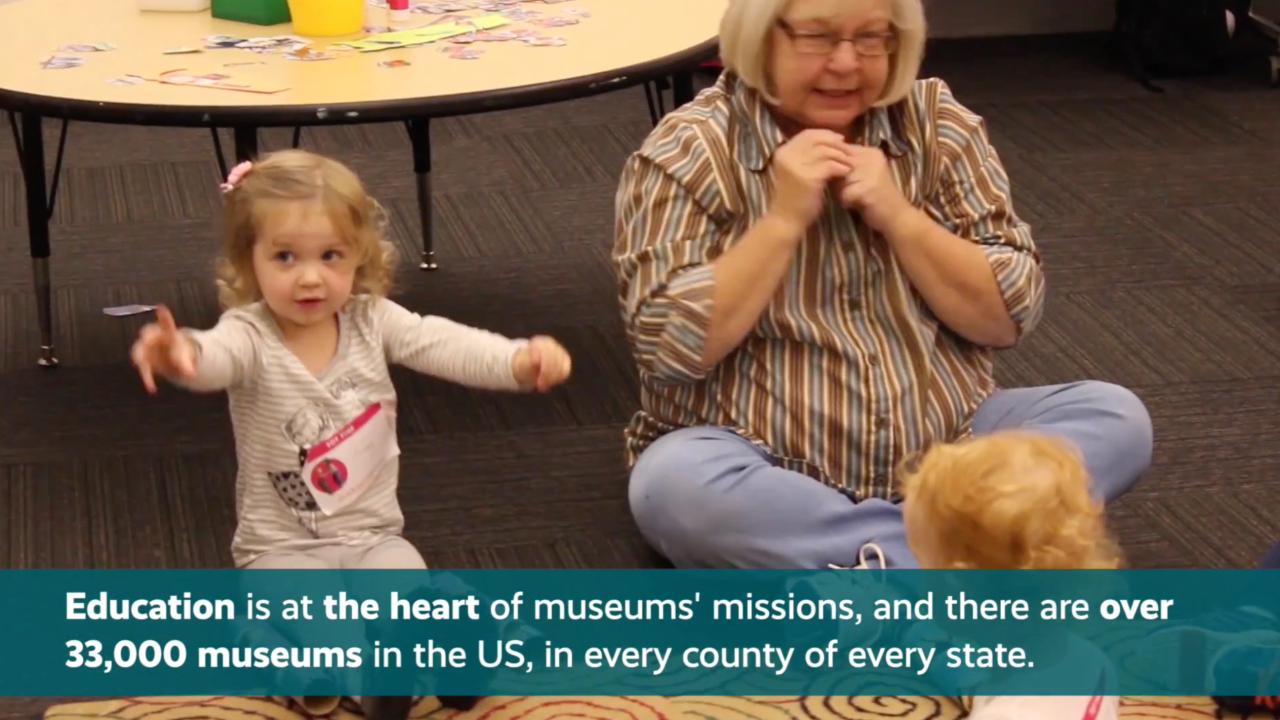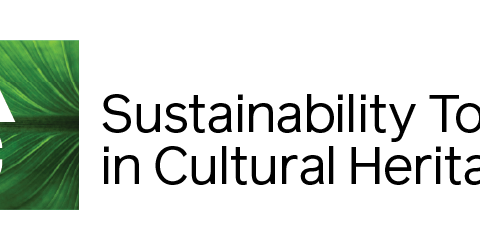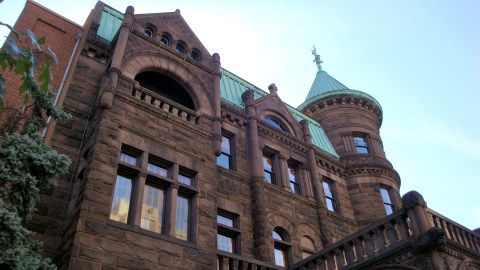
Last year the MacArthur Foundation launched 100&Change—a competition for a $100 million grant to fund a single proposal to make measurable progress toward solving a significant problem. They invited proposals to address any critical issue, and indeed the submissions ranged from health to education and environmental sustainability.
100&Change exemplifies the rise of high-impact philanthropy, as funders increasingly are inclined to make “big bets” that result in transformative change rather than being satisfied with incremental progress.
In February MacArthur announced the eight semi-finalists and now they’ve release a public, searchable database of nearly 1900 proposals submitted to 100&Change. This database provides a fascinating overview of who applied, what problems they chose to address and how. Studying these proposals can help museum people think about how their own work can create solutions that are (to quote MacArthur) “radically different in scope, scale and complexity.”
I want to give a shout out to three museums I found in the database that were bold enough to apply. (There may be others—I found these through key word searches–let me know if you find any I missed.)
The San Diego Zoo tackled extinction, proposing to save critically endangered species of animals and plants by scaling up the world’s largest cryopreserved collection of living gametes and seeds (San Diego Zoo’s Our Frozen Zoo® and Seed Bank).
The Chicago Botanic Garden pitched a plan to strengthen global food security by cultivating the use of symbiotic soil microbes that enhance crop plant tolerance to drought. In contrast to the development and sale of (patented) drought resistant cultivars by big agricultural businesses, this approach would create low cost, sustainable solutions controlled by local farmers.
The Academy of Natural Sciences of Philadelphia (Drexel University) framed many of the big problems facing humanity (climate change, water and food security, loss of biodiversity) as part of a larger “Failure to use knowledge to address the ongoing disconnect between human and natural systems at a time when humans are revealed as the dominant species impacting the planet.” They proposed to tackle this meta-problem with a meta-solution: building a network of academic institutions and problem-solving practitioners to create a paradigm shift in societal problem solving.
May I lead a (digital) standing ovation to these institutions for envisioning how their museums can help solve urgent, global, intractable challenges.
MacArthur isn’t simply abandoning the proposals that didn’t make the final eight. They are refining the indexing and organization of the proposal database, creating a system that links related proposals, and may help match them to potential funders. The judges also provided feedback to all applicants. You may remember the Alliance entered the competition (I blogged about it here), with a plan to meet a significant portion of America’s need for equitable, high-quality early childhood education through incubating museum-based programs. We didn’t make the cut, but the feedback we received was very encouraging. One reviewer wrote “This is a stand-out proposal and the best of my batch — it is bold, innovative and highly leveraged. I love everything about it [including] the use of existing museums as new vectors for achieving ECE outcomes.” Those reviews have fortified our resolve to refine the idea and continue to pursue funding.
MacArthur has announced its intention to repeat 100&Change every three years. I encourage you to start thinking now about how your museum could play a significant role in solving an important problem of our time. Please share your ideas with your colleagues and with me, here on the blog or over on Museum Junction. Together we can incubate ideas for how museums can lead in an Age of Scale.









